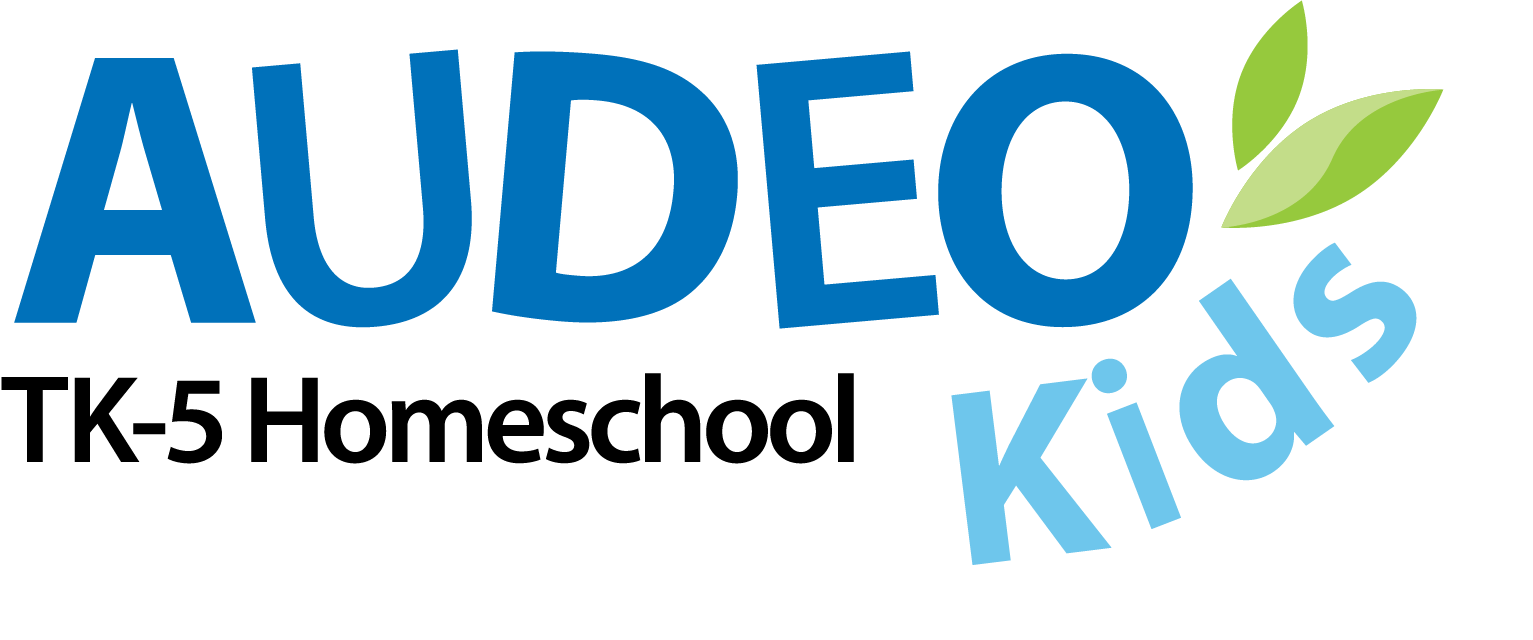Gifted and Talented Education (GATE)
Altus Schools’ procedures for identification are equitable, comprehensive, and ongoing. The school has developed an identification process that ensures all students, including those from diverse socioeconomic and cultural backgrounds, and/or disabilities, have equal opportunity to be identified and participate in the GATE program.
For questions regarding a student’s GATE identification or GATE program, please contact:
Ana Maria Rojas, Equity and Inclusion Administrator, arojas@altusschools.net
The school uses a multi-criterion assessment process to determine identification for the Gifted and Talented Education (GATE) Program. Students in grades 2-5, 7, 9 are universally evaluated. Parent permission is required to administer assessments to their child. The school conducts assessments biannually. Parents are provided with information on the assessment windows, assessment types, and the GATE identification process, through traditional and electronic mailings.
The following categories are used for identification of students’ extraordinary capability in relation to their chronological peers:
- Intellectual Ability: A student demonstrates extraordinary or potential for extraordinary intellectual development. The school measures intellectual ability with the Cognitive Abilites Test (CogAT).
- Creative Ability: A student displays characteristics of flexibility, originality of thought, curiosity, and adventurousness. The school measures creative ability with the Renzulli scales.
- Leadership Ability: A pupil displays the characteristic behaviors necessary for extraordinary leadership. The school measures creative ability with the Renzulli scales.
- Motivation Ability: A student demonstrates a capacity for high levels of interest, enthusiasm, perseverance, and endurance. The school measures creative ability with the Renzulli scales.
Altus Schools recognize that each student is a unique individual with their own interests, strengths, and challenges. The school’s goal is to identify and celebrate the unique gifts and talents of every student. “Giftedness” occurs along a continuum. Strategies that work for one gifted student will not necessarily work for all gifted students. Altus schools pair the principles of personalized learning with research-based strategies for gifted students to maximize the academic, social, and personal successes of GATE (Gifted and Talented) students.
At Altus Schools, GATE students are offered an Individualized Gate Plan (IGP). The IGP is created by the student, parent(s), and teachers, to plan the services and program options that address the unique needs of each gifted student based on their needs, interests, and abilities.
Each IGP incorporates essential elements of gifted education:
- Differentiated learning experiences including Acceleration and Enrichment
- Differentiated curriculum responsive to the needs, interests, and abilities of students that utilizes a variety of teaching and learning platforms
- Learning environments that inspire creativity, flexibility, and autonomy
- Small group instruction
- Opportunities for independent study, community-based learning, and project-based learning
- Postsecondary Education
Students receive individualized instruction with a GATE Certified teacher one-on-one and in small groups. Curriculum is compacted based on standards mastery. At all times possible, courses incorporate project-based learning, community-based learning, and student choice and voice in topics and subject matter to master key concepts and skills.
The goal of homeschooling is to provide the environment, resources, and experiences which encourage curiosity, growth, and exploration for children. These principles, as applied to the GATE program, enhance gifted students’ learning experiences.
Gifted children respond very well to the homeschooling approach, which provides more flexibility and personal attention than traditional schooling. Gifted children often work at a quicker pace than their peers, and enjoy exploring a subject to a much greater degree of depth than might be taught in a traditional school setting. Homeschooling is the perfect approach to cater to these preferences. Audeo Kids have the opportunity to address academic or intellectual advancement in many ways:
- Thematic Units
- Learning Centers
- Differentiated Units
- Computer-Based Instruction
